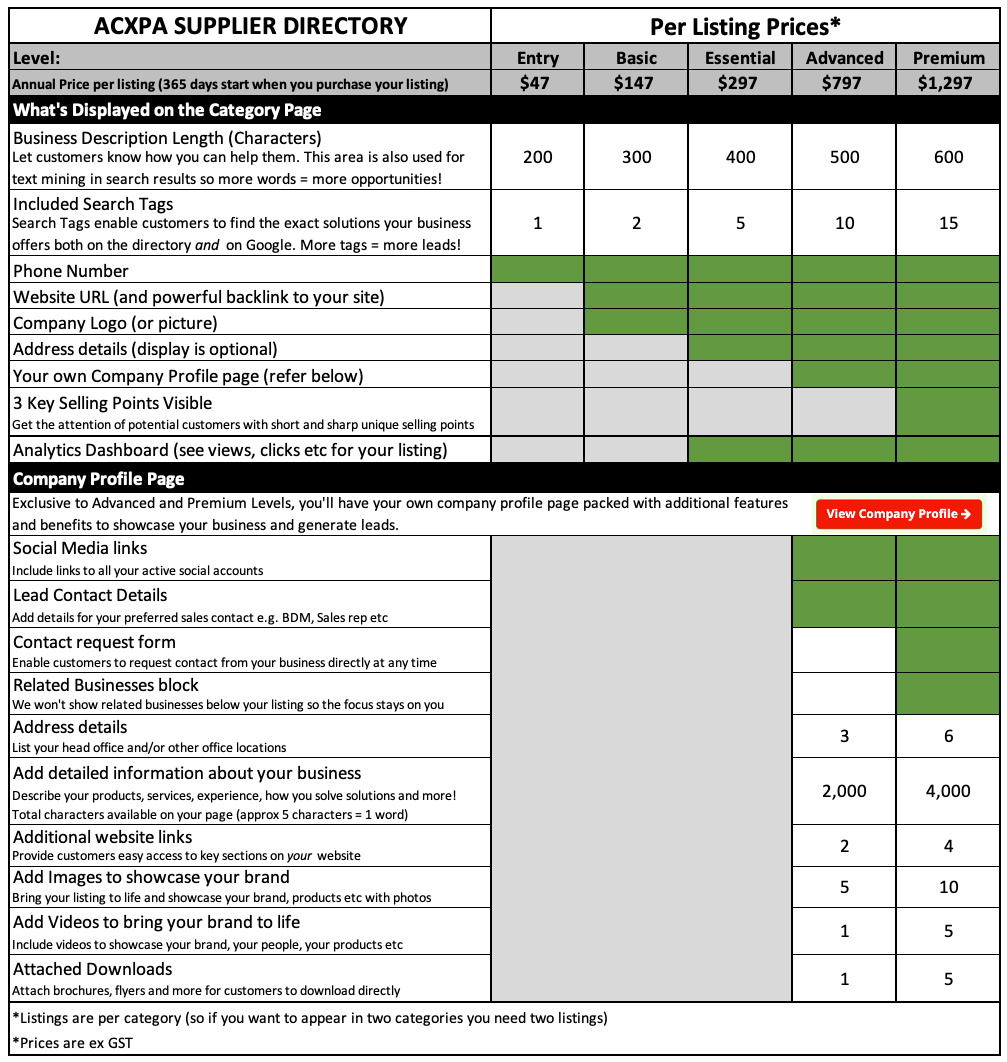Outsourced Finance Functions for Australian Companies
More and more Australian businesses are discovering the benefits of outsourcing their back-office finance and accounting functions to specialist BPOs and outsourcers to save them time and money.
Whether you're a small business or a large multinational, suppliers are ready to handle all elements, from basic accounts management to full accounting solutions.
With offshore providers, you can also save considerable costs as compared to an onshore solution
For example, you can engage a fully qualified CPA accountant in the Philippines and save at least 50% from the same skilled labour in Australia.
Business Finance & Accounting Functions to Outsource
Australian businesses can outsource all of their finance and accounting requirements, including some of the more common ones listed below.
1. Bookkeeping and Accounting
- Daily Transactions:
- Recording daily financial transactions, including sales, receipts, payments, and expenses.
- General Ledger Maintenance:
- Maintaining the general ledger, reconciling accounts, and ensuring accurate financial records.
- Accounts Payable and Receivable:
- Managing invoices, processing payments, and tracking receivables to ensure timely collections.
2. Payroll Processing
- Salary Calculations:
- Calculating employee salaries, bonuses, deductions, and taxes.
- Compliance and Reporting:
- Ensuring compliance with local payroll laws and regulations, and generating necessary reports for tax authorities.
- Benefits Administration:
- Managing employee benefits, including superannuation, insurance, and other perks.
3. Tax Preparation and Compliance
- Tax Filing:
- Preparing and filing business tax returns, ensuring compliance with local and international tax laws.
- Tax Planning:
- Providing advice on tax planning strategies to optimise tax liabilities and take advantage of tax credits or deductions.
- Regulatory Compliance:
- Ensuring the business adheres to all relevant tax regulations and compliance requirements.
4. Financial Reporting and Analysis
- Monthly and Annual Reports:
- Preparing financial statements, such as balance sheets, income statements, and cash flow reports.
- Budgeting and Forecasting:
- Developing budgets, financial forecasts, and variance analysis to assist in strategic planning.
- Performance Analysis:
- Analysing financial performance to identify trends, risks, and opportunities for improvement.
5. Auditing
- Internal Audits:
- Conducting internal audits to ensure financial controls are in place and operating effectively.
- Compliance Audits:
- Performing audits to ensure compliance with industry regulations, standards, and laws.
- Risk Assessment:
- Identifying and assessing financial risks, and recommending measures to mitigate these risks.
6. Financial Planning and Advisory Services
- Strategic Financial Planning:
- Assisting in long-term financial planning, including capital allocation, investment strategies, and growth planning.
- Mergers and Acquisitions:
- Providing advisory services for mergers, acquisitions, and other corporate restructuring activities.
- Debt Management:
- Advising on debt structuring, refinancing, and managing credit lines.
7. Accounts Reconciliation
- Bank Reconciliation:
- Matching the company's financial records with bank statements to ensure accuracy and consistency.
- Credit Card Reconciliation:
- Reconciling credit card statements with internal records to ensure proper tracking of expenses.
8. Expense Management
- Expense Tracking:
- Monitoring and recording business expenses, ensuring they are within budget and compliant with company policies.
- Reimbursement Processing:
- Managing employee expense reports and processing reimbursements.
9. Treasury and Cash Management
- Cash Flow Management:
- Monitoring and managing the company’s cash flow to ensure liquidity and financial stability.
- Investment Management:
- Managing the company’s short-term and long-term investments to maximise returns while minimising risk.
- Foreign Exchange Management:
- Handling foreign exchange transactions and managing currency risks for businesses with international operations.
10. Risk Management
- Financial Risk Assessment:
- Identifying and assessing financial risks, including market, credit, and operational risks.
- Insurance Management:
- Managing business insurance policies, claims, and risk mitigation strategies.
How to Select a Finance and Accounting Outsourcing Partner
Like engaging any partner for your business, it's important to find a supplier that has the experience to meet your requirements.
Considerations such as the location (i.e. Australia, Philippines or India) can have a big influence on cost, as well as other considerations such as the ones below.
- Location - Significant cost savings are available overseas; however, offshore can present different challenges.
- Local Experience (Understanding GST, Superannuation etc).
- Scalability - some providers can only handle a few people and some can handle thousands - it's important to get the right fit.
- Reputation - Do you select someone with an established reputation or a new starter hungry for your business.
- Qualifications - Does the provider have the appropriate licencing, and are they using the appropriately skilled labour?
- Operations - How is their workplace being managed? What is their turnover like, do they have the appropriate technology.
- Reporting - What type of reporting can you expect? How often?
- Commercials - What type of model do they use - per hour, per function, transaction volumes, etc.
Select a Country to Display Financial Services Outsourcers
You can find financial services Outsourcers by country below or using the search filters to discover other back-office outsourcing partners by function or country.
